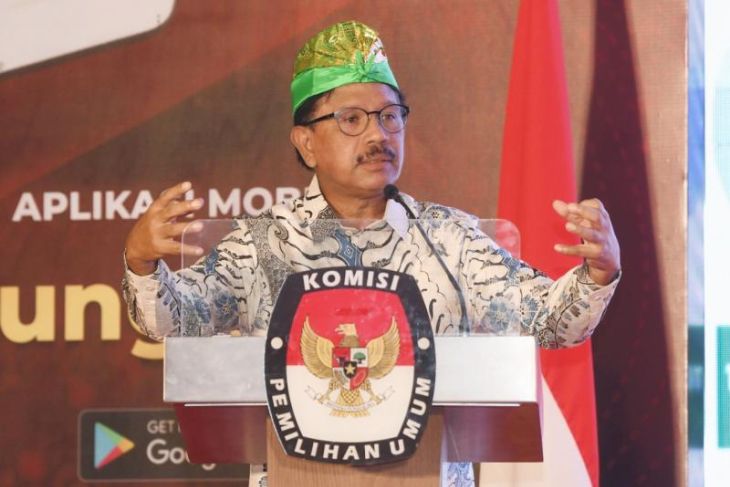Jakarta, Indonesia – According to Communication and Informatics Minister Johnny G. Plate, the government will take three ways to guarantee that the development of Nusantara’s national capital (IKN) creates access equity for everyone.
Plate stated in a written statement on Saturday that these three techniques comprise IKN Nusantara’s growth as a Forest City, Sponge City, and Smart City.
“IKN Nusantara will leverage the opportunities in the digital arena and execute numerous smart projects in many sectors for Smart City,” the minister added.
“For example, in access and mobility, environment, security and safety, public and government sector, urban system, liveability, and dynamism,” he said.
According to Plate, IKN Nusantara will not only be a sign of the nation’s identity or a symbol realized via physical space development, but will also show Indonesia’s goal in supporting sustainable development that is aligned with digital transformation.
IKN Nusantara is expected to be a breath of fresh air for the people and a real illustration of how growth in Indonesia’s Western and Eastern regions may be equal.
“Nusantara capital also reflects the concept of inclusive advancement, Bhineka Tunggal Ika (Unity in Diversity), with the development vision of a new smart metropolis or smart city that incorporates information and communication technical features,” he said.
Nusantara also becomes an innovative hub, consolidating progress and propelling Indonesia forward.
The presence of Nusantara is also projected to become a solution to solve contemporary difficulties in Indonesia, such as the difficulty of economic equalization.
The minister stated that the government’s statistics on Indonesia’s economic structure is spatially dominated by the country’s western area, notably Java Island.
The island generates 57.8 percent of total GDP, followed by Sumatra Island, which contributes 21.7 percent.
Meanwhile, the eastern areas of Maluku and Papua were only responsible for 2.49 percent of the total.
“This demonstrates that Java Island continues to dominate Indonesia’s economic structure,” he said.
He recognized that the government’s attempts to close the economic gap had become a big undertaking for Indonesia.
To that aim, the formation of IKN was a great breakthrough and a manifestation of the central government’s clear resolve to achieve more equal national growth and development.


